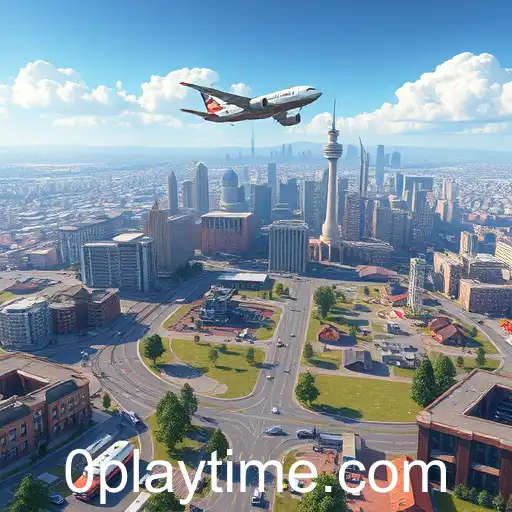
An exploration into how the concept of playtime has transformed in 2025 due to current gaming trends and digital dynamics.
In 2025, the concept of 'playtime' has expanded beyond traditional boundaries and has been significantly influenced by technological advancements and cultural shifts. The gaming industry, a crucial driver of this change, continues to draw millions of users globally, eager to engage in immersive experiences.
One major development is the rise of virtual reality (VR) and augmented reality (AR) games, which have redefined how gamers interact with their digital environments. These technologies have made games more interactive and lifelike, thus elongating the periods players spend engrossed in virtual worlds. Furthermore, the integration of artificial intelligence in game design has personalized gameplay, enhancing user satisfaction and extending playtime as games adapt to individual skill levels and preferences.
Another element impacting playtime is the growth of online gaming communities. Platforms like Discord and Twitch play a pivotal role, providing gamers with a space to discuss strategies, share experiences, and organize events. This community aspect not only enriches the gaming experience but also encourages players to spend additional hours engaging with peers.
Interestingly, social and mobile gaming remain dominant trends, supported by the proliferation of smartphones. Casual games, with their easy accessibility, continue to boost playtime among a wide demographic, from young children to older adults. These games provide quick entertainment and have become an integral part of everyday life, filling idle moments with fun and relaxation.
Moreover, the industry has seen a surge in eSports, which has become a worldwide phenomenon, fueling the passion for competitive gaming. Professional leagues have gathered large audiences, and the professionalization of gaming has inspired many to invest more time in honing their skills.
While these advancements offer numerous benefits, they also raise concerns regarding screen time management and digital well-being. As playtime extends with ongoing innovations, the emphasis on balancing digital and real-world interactions has never been more crucial.
In conclusion, playtime in 2025 is a multifaceted concept shaped by various trends. Whether through VR, AR, mobile gaming, or the community-driven environment, playtime has become an essential part of modern life, reflecting broader societal changes and technological progress.




